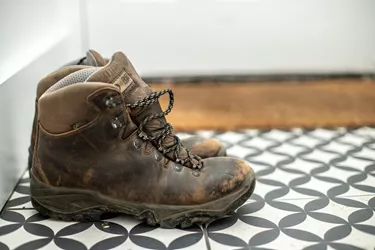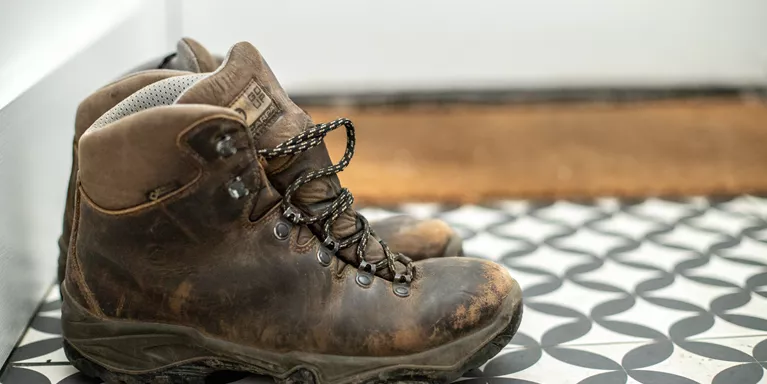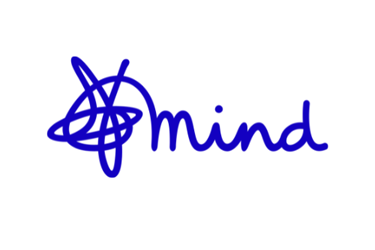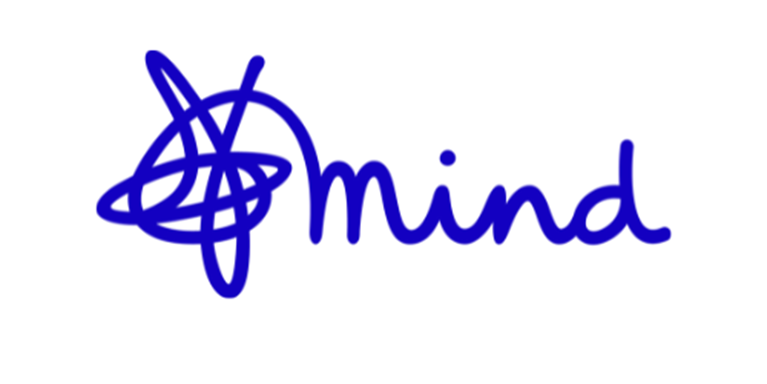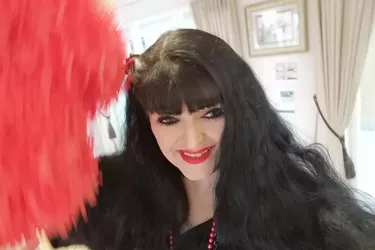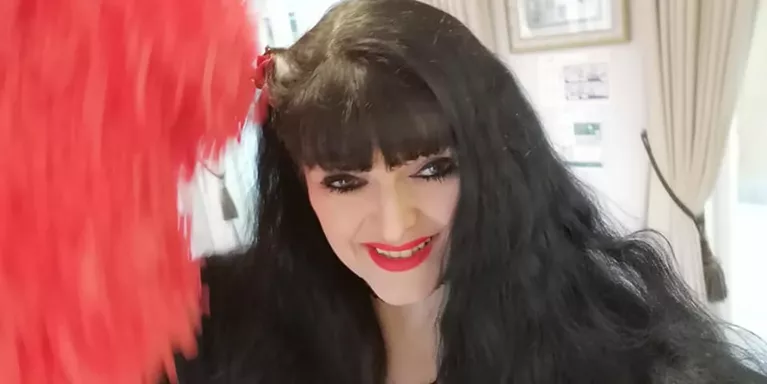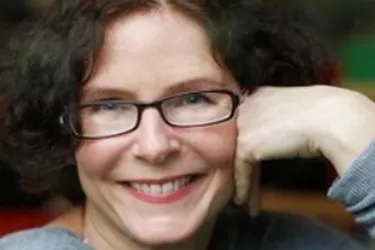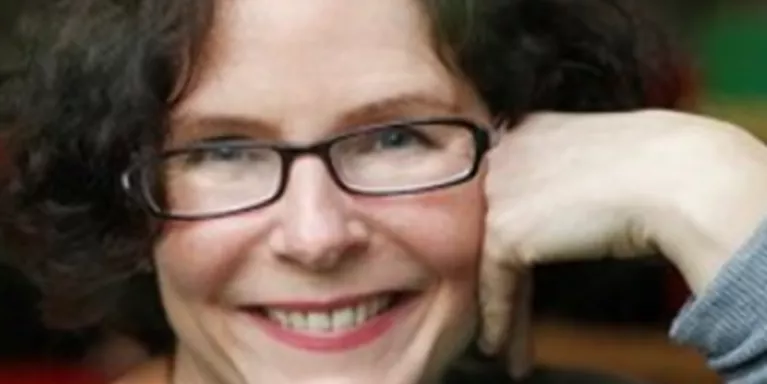Second sight
Vanessa narrates first hand the chilling experience of waking up to find herself blind and paralysed. An undeniably unique story, told through a timeline of real events provides the reality of what it is like to suddenly lose two of your major senses. As a result of this, she began to struggle with PTSD (post traumatic stress disorder), which she learns to manage over time.
The welcome aroma of croissants and flowers has filled the house, as my day has been punctuated with vice-like hugs and encouragement from my relay team of friends. I have slowly hobbled up the driveway several times to delighted claps, and watched my friends gently flirt with my dad and murmur questions when they think I am out of earshot.
Alternating between exhaustion and elation, I am in a protective bubble, and there has barely been a moment without a warm hand stroking mine. When my visitors all finally drift out of the door, the snake is there, waiting for me. I no longer have kind hands to hold onto, and I feel the pull as it starts to drag me under. I am utterly helpless and cannot fight the dread that is building.
"Panic rises like a tidal wave ready to drown my senses, and I flounder for what to do."
I recognise this feeling of helplessness; this pain. Yet my breath begins to flow, starting shallowly, but the familiarity and hiss as I release the air slowly out of my mouth is reassuring and audible. I can push back the waves and the water slops down, murky and quiet, but not quite draining away. I can feel the air and the fear being pressed out of my body – for now.
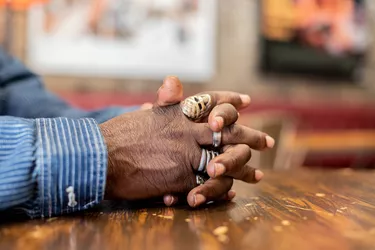
When, in 2012 I suddenly lost my sight and mobility overnight, the rollercoaster ride I inadvertently stepped onto did not just result in physical loss. For a short time during that journey - I lost myself. Overcome with anxiety and suffering the effects of PTSD (Post-Traumatic Stress Disorder) I sank down into watery depths no human being is meant to go.
It took just three days for my sight to vanish completely, and for a creeping numbness to overtake my hands and feet. I had been a successful TV producer, and mum to two small children under five, yet I found myself aged 40 lying in a hospital bed having suffered a catastrophic neurological illness, and left facing an uncertain future.
Thankfully for me, strong hands were there to pull me back up - to bring me back to the surface. I was amazed at how nourishing simple things like human contact could be.
"A neck-crushing hug from my daughter, or my husband’s hand stroking my hair kept me from drowning many a time."
In my gloomy world I relied upon my whole sensory army to guide me, I became adept at listening out for smaller, less obvious cues. The clink of glass as my husband emptied the recycling bin outside, a gentle breeze wrapping its cool fingers around my ankles as I stood listening at the door.
There does come a point however, when the responsibly for my mental state fell to me. No-one else could take away the overwhelming feelings of loss - of grief. It was up to me to find a way.
I had spent much of my twenties and thirties dabbling in meditation, visualisation and mindfulness. I had also used hypnobirthing for the birth of my son in 2010, so I was equipped with some mental tools. Initially using the breathing techniques I had learnt during my antenatal classes whilst I was still in hospital, I managed to calm my body, to lower the feelings of anxiety and to balance my mind.
I started using visualisation regularly, mentally transporting myself off to a beautiful beach - a made-up place inside my mind where I could control the light, the waves and the ambience. Here I would feel calm and rested, and it proved a powerful coping mechanism.
But, trauma is an unpredictable beast. The enormity of my sensory loss hit me hard the moment I hobbled through my front door and realised I couldn’t see my children or the place I lived in. Cocooned and protected in hospital my illness was routine, and somehow part of the scenery.
Back in the familiar territory of my home, it was an aberration. The outer world was invisible to me, so I felt horribly detached from humanity. Thankfully, my local borough offered a specialist neurorehabilitation service, so I was quickly referred.
"One of the most empowering parts of my recovery was when I put my hand up for help."
I was doing pretty well tapping my own inner resources, but it wasn’t enough when the full force of PTSD took hold. A few months of counselling was invaluable, and I responded well to my weekly sessions. Towards the end of one session, after relaying a long list of small challenges I had decided to give myself (like walking an extra loop of the park) my counsellor smiled, and gently suggested that her job was done.
As my sight slowly started to return over the next year I continued to meditate, and to explore other mental tactics I could use to aid my recovery. I felt bolstered, and became curious to understand the science behind these techniques that had worked so well for me. My vision did not come back all in one go, but in wispy layers, revealing grey lines and shapes on the horizon.
Over the months colour started to splutter back into my life too, and I would stare at trees, lampposts and gates willing my brain to remember the rainbow world I knew so well. By interacting with my visual world in a mindful way, I allowed my brain time to process the information that was bombarding my senses. Breathing calmly and slowly I would really see what was in front of me - even the smallest change sparked utter joy and hope I would one day regain full sight.
As I had suffered sensory loss in my hands and feet it took many months of rehabilitation to restore movement. I forced my legs to move, to walk a few more steps every day, championing every new step. Even now 5 years after my illness I still walk every week. The pleasure I learnt to appreciate from my daily walks never left me.
"My experience was horrific and life changing, but ultimately I have gained from it."
My illness sparked a deep curiosity within me to understand the science of my sight - to understand how and why I perceived the world as it slowly reappeared around me. This curiosity eventually led to a collaboration with Cambridge neuroscientists, and has taken me on an incredible learning journey of my own. When I was at my lowest point all I wanted was my old life back, but I have learnt to accept a new life now - a new normal. My story is not one of loss, but ultimately it is one of immense gain.

Information and support
When you’re living with a mental health problem, or supporting someone who is, having access to the right information - about a condition, treatment options, or practical issues - is vital. Visit our information pages to find out more.
Share your story with others
Blogs and stories can show that people with mental health problems are cared about, understood and listened to. We can use it to challenge the status quo and change attitudes.










